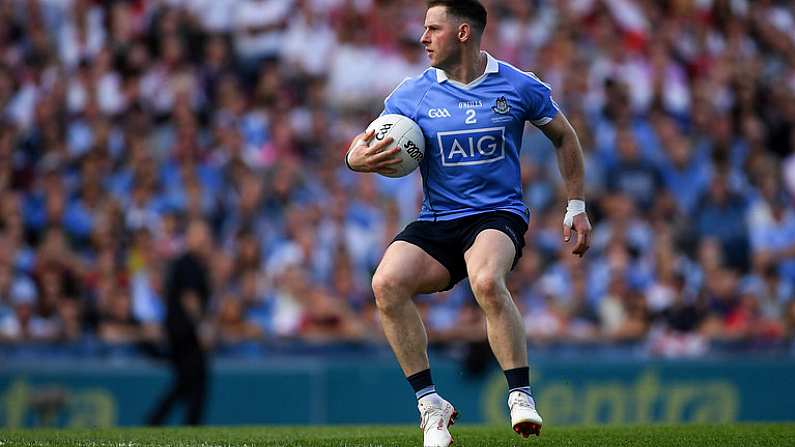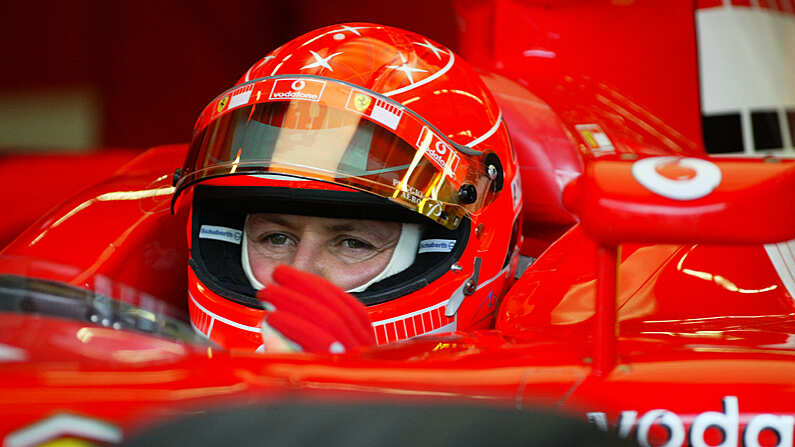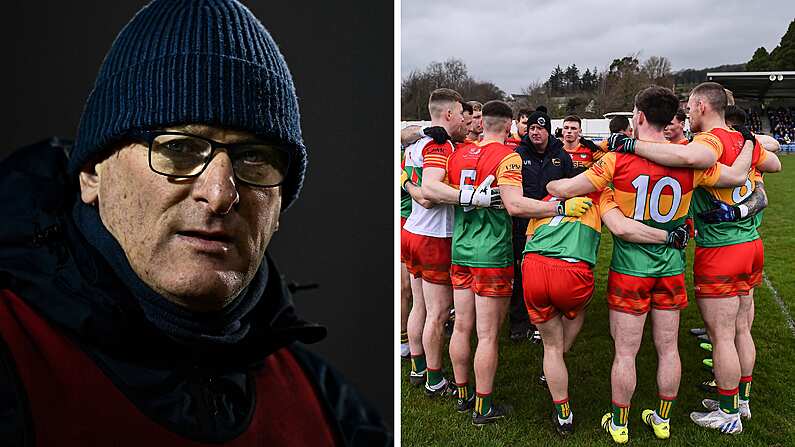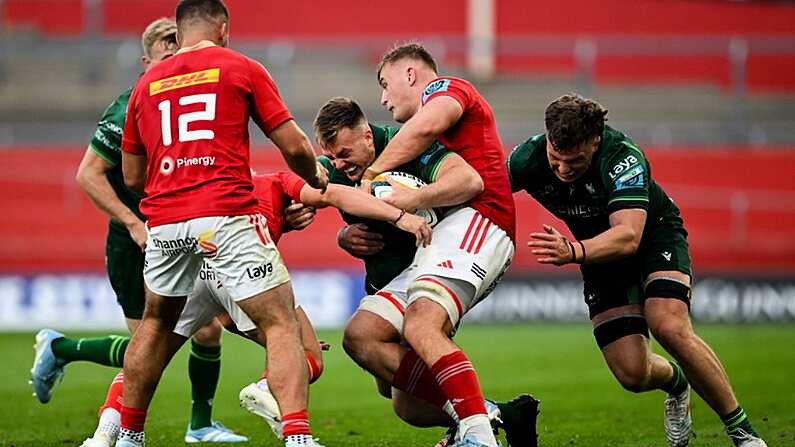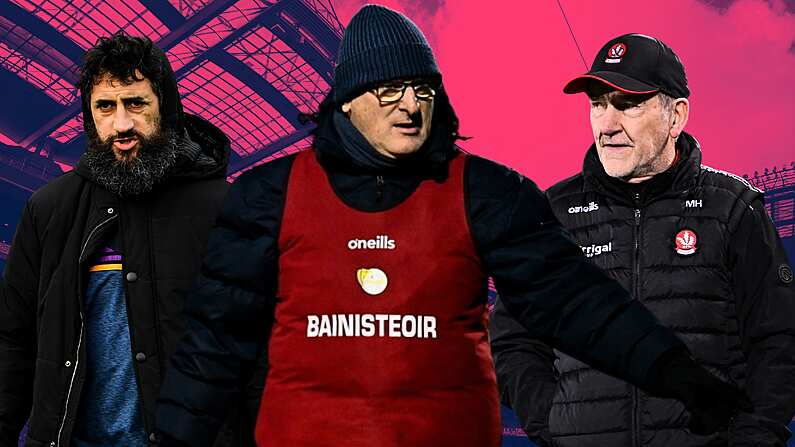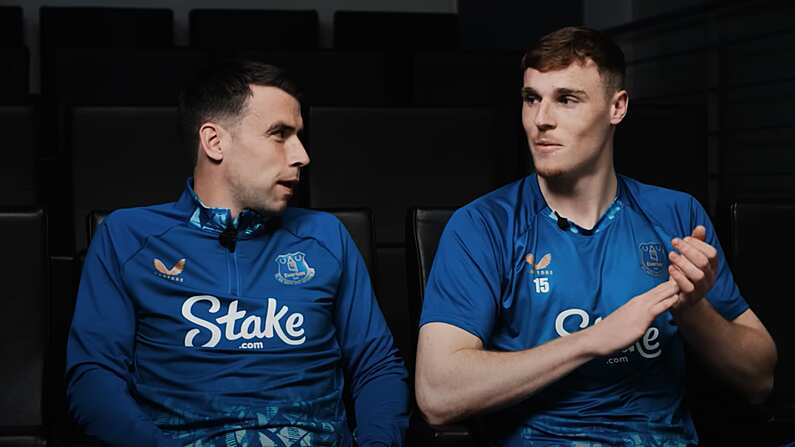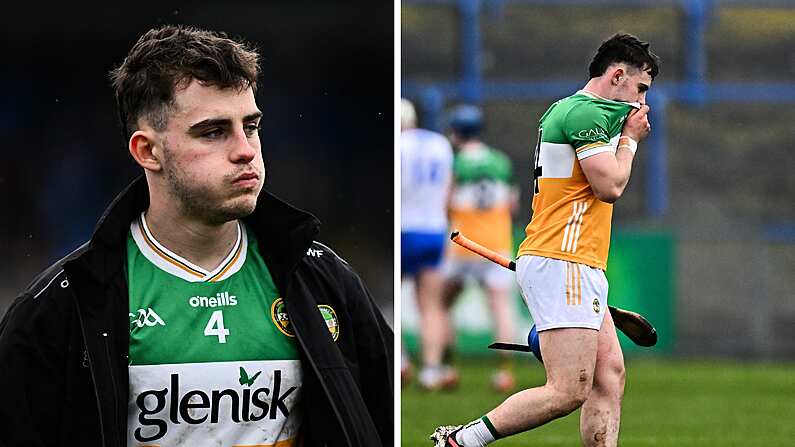Earlier this week, an ESRI report commissioned by the GAA and the GPA shed light on the demands made of inter-county footballer and hurlers. It found that players are putting in an average of 31 hours a week for their careers, and a deeper analysis of the report can be found here.
Dublin's Philly McMahon reacted to the report on FM104 and accentuated the demands made of players crossing county borders to get to training.
Based on figures for 2016, players who live outside of the county commit substantially more of their free time to training.
Those within their own county commit an average of 5.8 hours per day in the case of a field session, compared to 6.7 hours for those commuting from elsewhere. The biggest difference here, obviously, is travel: an average of 1.8 hours for the home-based player compared to 3 hours per day for the other category of player.
Given that there are an average of 3.9 field sessions per match week and 4.9 sessions per non-match week figure, that totals a massive difference.
The research shows that the bulk of players do not skip out on work to facilitate their GAA career - GAA players work an average of 7.9 hours a day, the same as the rest of the population - but instead skip on downtime at home and sleep.
McMahon calls the situation "incredible".
You're doing 30 hours a week, and then your job, 40 hours, so already 70 hours of your week is gone. Those hours will keep going up as well. It depends where the county is in its development.
For me, the big problem in football is that a lot of lads from rural counties have to travel to urban counties, with universities and work. That's a big concern for the GAA.
I think that's something they need to look at. Maybe a tax break? Or maybe a two or three month period of the year where players are able to go part-time, and they're given much better expenses to play games. The further they go, the more expenses they get.
That might allow the rural counties to give their players a chance to focus on the game a lot more.
As ever, it is an intelligent, thoughtful answer from McMahon, but it is indicative of the wider issues created by the time commitment now asked of GAA players: how does an organisation remain amateur if it is essentially asking its players to commit to a second, full-time job?
[FM 104]
See Also: Liam Sheedy On Verge Of Stunning Tipperary Return

